
2013 John Maddox Prize
The John Maddox Prize rewards an individual who has promoted sound science and evidence on a matter of public interest. Its emphasis is on those who have faced difficulty or hostility in doing so. Nominations of active researchers who have yet to receive recognition for their public-interest work are particularly welcomed.
The prize is open to nominations for any kind of public activity, including all forms of writing, speaking and public engagement, in any of the following areas:
- Addressing misleading information about scientific or medical issues in any forum.
- Bringing sound evidence to bear in a public or policy debate.
- Helping people to make sense of a complex scientific issue.
The prize: £2000. The award is presented in November and an announcement of the winner will be published in Nature.
Sir John Maddox, whose name this prize commemorates, was a passionate and tireless champion and defender of science, engaging with difficult debates and inspiring others to do the same. As a writer and editor, he changed attitudes and perceptions, and strove for better understanding and appreciation of science throughout his long working life.
The prize is a joint initiative of Nature, where Sir John was editor for 22 years; the Kohn Foundation; and Sense About Science, where he served as a trustee until his death in 2009.
Candidates for the John Maddox Prize must be nominated. The nominator should normally be an individual who is familiar with the work of the candidate but self-nomination will be considered in exceptional circumstances. This is a global prize: people from and in any country can be nominated.


The deadline for nominations is 11:59pm on 20th August 2013 BST.
Nominate Now
Evaluation Criteria
The judging panel will consist of Tracey Brown (Sense About Science), Phil Campbell (Nature), Professor Martin Rees and Professor Colin Blakemore. Candidates will be judged on the strength of their nomination based on the below criteria.
- How clearly the individual communicated good science, despite adversity
- The nature of adversity faced by the individual.
- How well they placed the evidence in the wider debate and engaged others.
- Their level of influence on the public debate.
A shortlist will be announced at the judges’ discretion.
Award
The Award will be presented in November and the recipient of the Maddox Prize will receive £2000. An announcement of the winner will be published in Nature.
Nomination
Researchers in any area of science or engineering are eligible to be nominated by persons based in the UK. Nominations are to take the form of a letter of recommendation and include biographical information on the candidate and a description of the candidate’s work in standing up for science. Permission must be sought from the nominee. The individual nominated may be contacted for more information including references after the deadline has passed.
Staff, trustees and directors of the supporting organisations and previous or current members of the judging panel and their direct relations are not eligible for nomination for the Prize, though they may nominate. It is open to anyone else, including people who have published with or worked with either organisation as contributors, advisers or in other collaborations.
Nomination is by online form. Nominations are now open, and close at 11:59pm on 20th August 2013. The winner will be notified in October 2013, and will be announced at the Sense About Science Annual Reception in November 2013.
 We have had quite a few enquiries asking for help to provide costs for fusion fund applications. It is expected that applicants will calculate costs themselves. Please note that costings are not handled by RKE Ops as only external funding applications are processed by this team. In the main, fusion applications involve travel and subsistence costs which can be calculated by staff drawing on standard guidance. In the case that an applicant is being bought out of their current post or hiring a new member of staff for a project your Director of Operations within your school should be able to provide guidance on identifying costs. We encourage applicants to be as realistic as possible with regards to costings because any changes to approved projects, including costs during the lifecycle of the project, would need to be approve by Matthew Bennett.
We have had quite a few enquiries asking for help to provide costs for fusion fund applications. It is expected that applicants will calculate costs themselves. Please note that costings are not handled by RKE Ops as only external funding applications are processed by this team. In the main, fusion applications involve travel and subsistence costs which can be calculated by staff drawing on standard guidance. In the case that an applicant is being bought out of their current post or hiring a new member of staff for a project your Director of Operations within your school should be able to provide guidance on identifying costs. We encourage applicants to be as realistic as possible with regards to costings because any changes to approved projects, including costs during the lifecycle of the project, would need to be approve by Matthew Bennett.
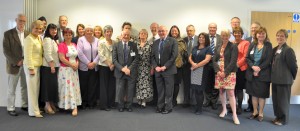
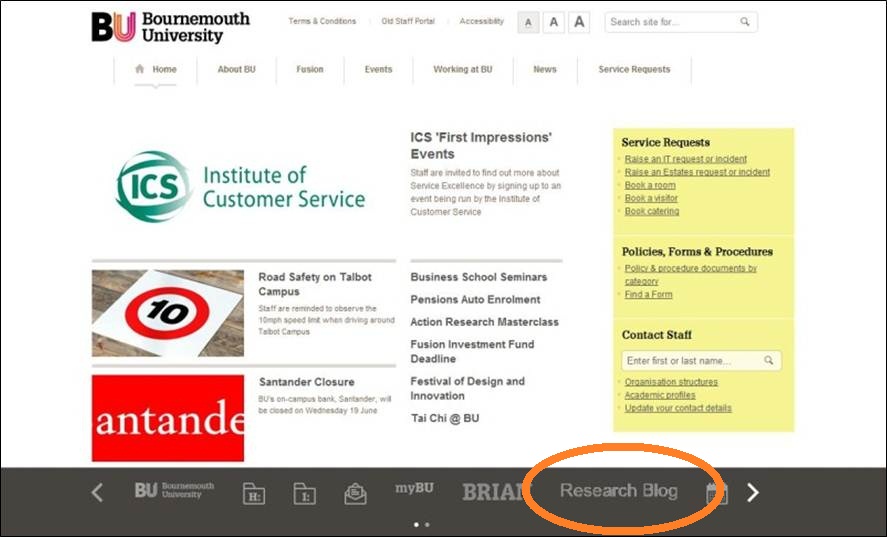

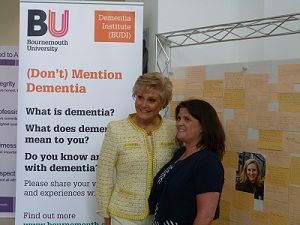 Over the last six months BUDI has been working to engage with the public and promote awareness and understanding of dementia. ‘(Don’t) Mention Dementia’ is an innovative exhibition created by BUDI and media artist Derek Eland (http://derekeland.com/), with the aim of giving a voice to people living with dementia.
Over the last six months BUDI has been working to engage with the public and promote awareness and understanding of dementia. ‘(Don’t) Mention Dementia’ is an innovative exhibition created by BUDI and media artist Derek Eland (http://derekeland.com/), with the aim of giving a voice to people living with dementia.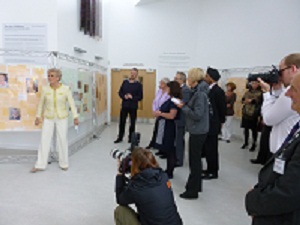



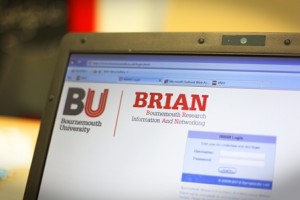





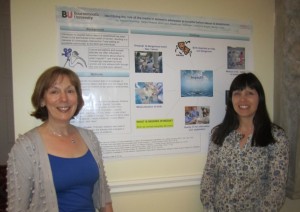
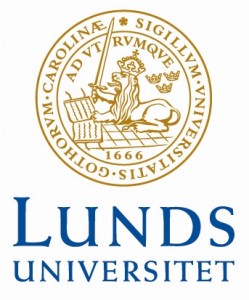











 REF Code of Practice consultation is open!
REF Code of Practice consultation is open! BU Leads AI-Driven Work Package in EU Horizon SUSHEAS Project
BU Leads AI-Driven Work Package in EU Horizon SUSHEAS Project Evidence Synthesis Centre open at Kathmandu University
Evidence Synthesis Centre open at Kathmandu University Expand Your Impact: Collaboration and Networking Workshops for Researchers
Expand Your Impact: Collaboration and Networking Workshops for Researchers ECR Funding Open Call: Research Culture & Community Grant – Apply now
ECR Funding Open Call: Research Culture & Community Grant – Apply now ECR Funding Open Call: Research Culture & Community Grant – Application Deadline Friday 12 December
ECR Funding Open Call: Research Culture & Community Grant – Application Deadline Friday 12 December MSCA Postdoctoral Fellowships 2025 Call
MSCA Postdoctoral Fellowships 2025 Call ERC Advanced Grant 2025 Webinar
ERC Advanced Grant 2025 Webinar Update on UKRO services
Update on UKRO services European research project exploring use of ‘virtual twins’ to better manage metabolic associated fatty liver disease
European research project exploring use of ‘virtual twins’ to better manage metabolic associated fatty liver disease